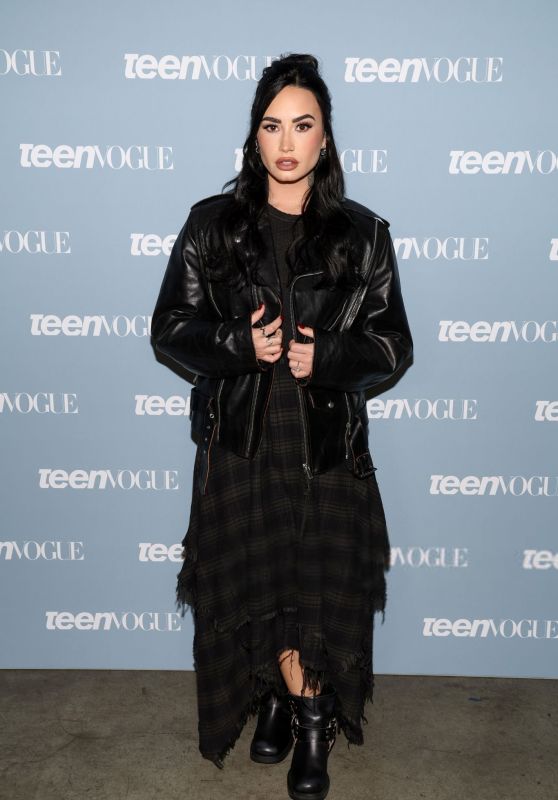A familiar fight is revving up between the Democrats’ left and center factions: Is the party too liberal or too moderate? Pat Ryan, a Democrat who won reelection by a resounding 14 points in a swingy New York House district, thinks that line of argument is a mistake. The 42-year-old, a father of two and Army veteran who served two tours in Iraq, won his first election to the House in 2022 by a slim 1.3 points, and by staunchly advocating abortion rights. Ryan’s triumphs are more impressive for their context. The population of his upstate district is mostly white with a mix of rural and urban areas, and it moved to the right this year. Much of Ryan’s reelection formula was hyperlocal. Yet he emphasized a larger theme—of making elites, especially corporations, the enemy—that could resonate for Democrats elsewhere. “It’s a House district, very different than a statewide or national election,” Ryan says. “But there’s a model there.” Democrats will be hearing more from and about Pat Ryan. This is a good thing. I spoke with Ryan shortly after Election Day. The conversation has been lightly edited for length and clarity.
Vanity Fair: In 2022, just after you won a special election for a vacant Congressional seat, you talked to Joe Hagan for Vanity Fair’s Inside the Hive podcast. One thing that stuck out was you saying, “We’re not as divided as people want to make us out to be.” Two years later, just after a starkly polarized election, has something significant changed?
Pat Ryan: No, I think we’re actually still very much in the same situation. The number one thing people share is tremendous economic pressure. In our race, we focused on affordability every single day and localized it, making it real and visceral. Whichever leaders and elected officials and parties, to a certain degree, genuinely speak to that and show people they are going to fight for them and against the forces of power and profit—these elites are doing incredibly well, historically well, while everybody else is suffering—that is, to me, the big takeaway here.
I just don’t think people in whatever bubble they’re in, whether that’s making good money at a company that’s doing well or in the DC bubble, understand the level of economic pain right now—it’s just fucking immoral.
The thing is, Donald Trump is going to make it worse.
Right. And that’s horrific, and it breaks my fucking heart. We have to do everything we can to soften those blows. But there is also a real opportunity, as people realize this, to create, my working title is, a patriotic populist direction so that people can see what Trump is doing and turn away from that. But [Democrats] have to give them something to come to that still understands where they’re at. I think we did a good amount of that in our campaign. The biggest issue in my district was a battle with a local utility monopoly that was ripping people off. I literally called for the CEO to resign from the House floor, which he actually did two weeks later. That, to me, is showing rather than telling people that you’re with them and will fight for them. That needs to be repeated and scaled in other places, whether the healthcare industry or pharma.
The Biden and then Harris campaign people will tell you they did that by lowering insulin prices and rebuilding roads and bridges, but too many voters didn’t care.
Yeah, but like message discipline, message discipline, every day.
We did really well in New York house races this time because of what we prioritized. The battleground districts have very different results from some of these New York City numbers that are being thrown around. Credit to our governor [Kathy Hochul], credit to [House Democratic minority leader] Hakeem Jeffries, credit to our state party chair, Jay Jacobs, and to Senator Kirsten Gillibrand.
Two years ago, you said Trump voters in the district respected your directness when talking about issues including protecting abortion rights and democracy. This time, running as a Democrat in a presidential year, were the reactions from Republicans different?
No. In Orange County, my largest county and the most Republican county in the district, we lost by 7 or 8% in 2022 and won by 7 or 8% this time. And that was a direct result of early and often going to the reddest parts of the district, holding town halls and using a constituent services van. We showed up and then gave people something to come out and vote for that was not about, I would argue, partisanship or the typical ideological split. If you’re talking about progressive or moderate, you’re missing the whole point. It’s about, “Are you for us and against them?” And “them” being big corporate power and a lot of party elites in both parties.
This seems like a tough sell because the Democratic Party is not simply perceived as the party of the elites. In many ways, it actually is. I’m thinking particularly of the gap in college-educated voters between the parties. Isn’t this a big reason why Trump has convinced almost 75 million people that he’s on their side, even though he’s only really for himself?
He understood the pain and pressure folks were feeling and provided a clear set of villains. I don’t think he’s correct or honest about who those villains are. But he at least spelled that out and then, of course, held himself up in a very authoritarian way as the only person who could solve it. I believe the key to our country’s survival and our democracy’s survival is providing a better alternative. A more patriotic, unifying view of who is them and who is us. Us is the values enshrined in our Constitution. Them is the forces of the status quo. We have to be honest and clear about who the heroes and villains are. Trump has provided a destructive populist view. What’s needed—and I’m still working on the language here—is a patriotic populism that has a policy toolkit to address economic pressure and a rhetorical direction we want to take the country.






![Model Sydney J. Harper Brings Passion to Voiceless Charity Event in Nashville [11-18-2024]](https://celebmafia.com/wp-content/uploads/2024/11/model-sydney-j.-harper-brings-passion-to-voiceless-charity-event-in-nashville-11-18-2024-5_thumbnail.jpg)
![Sonya Starzhynska at “Voiceless” Charity Event [11-18-2024]](https://celebmafia.com/wp-content/uploads/2024/11/sonya-starzhynska-at-voiceless-charity-event-11-18-2024-3_thumbnail.jpg)

![Gemma Chan at TASAKI’s 70th Anniversary “Floating Shell” Exhibition [11-21-2024]](https://celebmafia.com/wp-content/uploads/2024/11/gemma-chan-at-tasaki-s-70th-anniversary-floating-shell-exhibition-11-21-2024-4_thumbnail.jpg)
![Ariana Greenblatt at “Death Becomes Her” Broadway Opening Night [11-21-2024]](https://celebmafia.com/wp-content/uploads/2024/11/ariana-greenblatt-at-death-becomes-her-broadway-opening-night-11-21-2024-1_thumbnail.jpg)
![Nina Dobrev at the F1 Grand Prix of Las Vegas [11-23-2024]](https://celebmafia.com/wp-content/uploads/2024/11/nina-dobrev-at-the-f1-grand-prix-of-las-vegas-11-23-2024-5_thumbnail.jpg)







 English (US) ·
English (US) ·